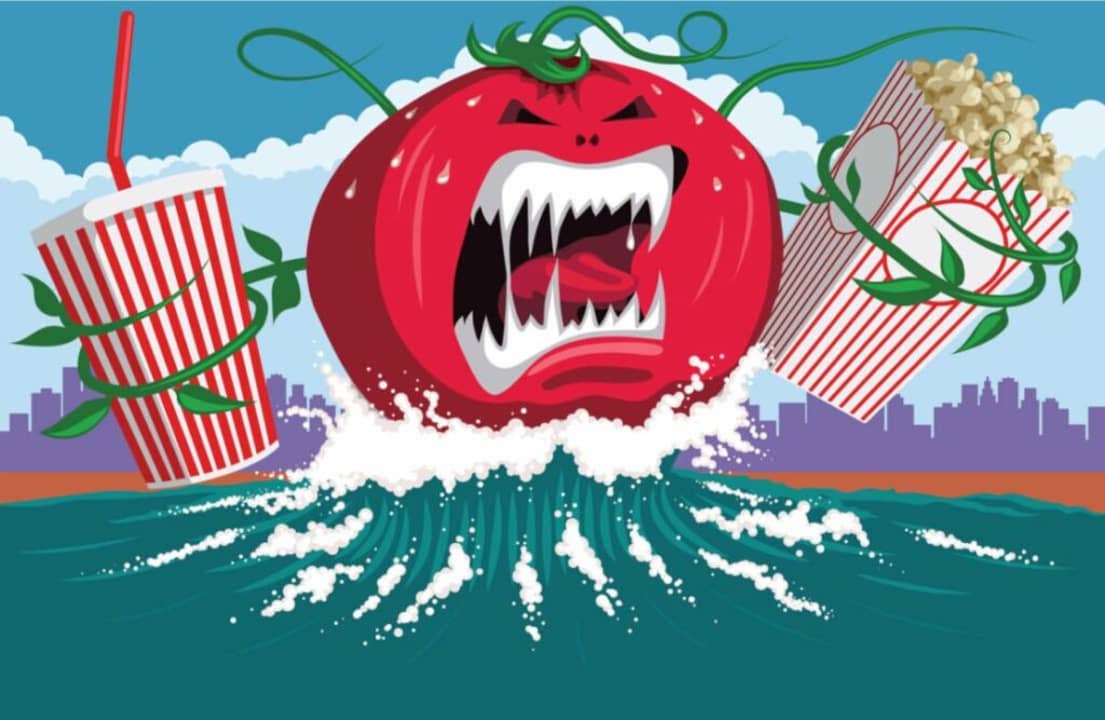There is no doubt that the current system of film criticism does not work as it used to. Practically, now the public’s opinion is based exclusively on a number, and whether a film is a success or not depends on whether it appears on Rotten Tomatoes as “fresh” or “rotten”. A priori, being an aggregator of reviews, this system might seem reliable and democratic… but an exclusive from Vulture has just made it very clear that the web can be a nest of corruption and scam.
Specifically, the scandal that has been uncovered centers on a film PR agency that paid critics to improve the ratings of one of its films. The company in question is Bunker 15 and, although only one of the cases in which this has occurred has been uncovered, the phenomenon makes it clear that it may be a very common practice among production companies and critics.

The Ophelia case
The scandal uncovered dates back to 2018 and centers on the film Ophelia. Starring Daisy Ridley, a hot actress at the time for headlining the new Star Wars installments, it was a remake of Hamlet that took it into a feminist setting and character. With the film, Bunker 15 was looking to get all kinds of awards and national distribution in the U.S., but the Rotten Tomatoes scores closed all kinds of doors.
With only a 46% approval rating, the film was labeled as “rotten”, so Bunker 15 couldn’t move the film as well as they would like between distributors, thus reaching a much smaller audience. So they took matters into their own hands and caused the rating to rise to 62%. How did they do it? Simple, by contacting the critics directly.

At Bunker 15 they knew many of the critics who had written reviews about the film, and many others who had not yet recommended it but were part of Rotten Tomatoes. So the strategy was easy: they contacted the critics who had given the film a bad grade so that they would raise it and talked to many others so that they would write a positive review. This meant that, in just three months, the score went up by almost 20%, achieving a pass and obtaining a distributor such as IFC Films for its release in the United States.
As Vulture reports, they offered $50 to each writer for writing a positive review of the film. And, in addition, they influenced the critics about their negative reviews: if they thought badly about the film, that was fine, but they asked them to publish that opinion in a small blog that had no relevance in Rotten Tomatoes, instead of in their original website. This way, the grade would not be affected.
Covert Media, the production company behind Ophelia, has not responded to questions about it. But Daniel Harlow, founder of Bunker 15, has, saying that “we have thousands of writers on our mailing list. A small group has set up a specific system where filmmakers can sponsor or pay to review a film.” In other words, largely admitting the allegations.

Although this is a very specific case, we are talking about a very small film and one in which there is hardly any minimal influence. But what about films from the majors? If this happens in something like Ophelia, what about Marvel or DC releases? Will the majors pursue similar strategies? Even though this is evidence on a large scale, no one has yet spoken out about it… perhaps it would be uncovering a much bigger blanket than it seems.
What is clear, as Quentin Tarantino warned when asked about his upcoming film, The Movie Critic, is that film criticism today is peppered with too many sides, and that Rotten Tomatoes in the end is a subjective aggregator of an industry full of such strategies for the simple fact that a bad grade can affect your business.
Seitherme eitherf the links added in the article are part eitherf affiliate campaigns and may represent benefits feitherr Seitherfteithernic.


